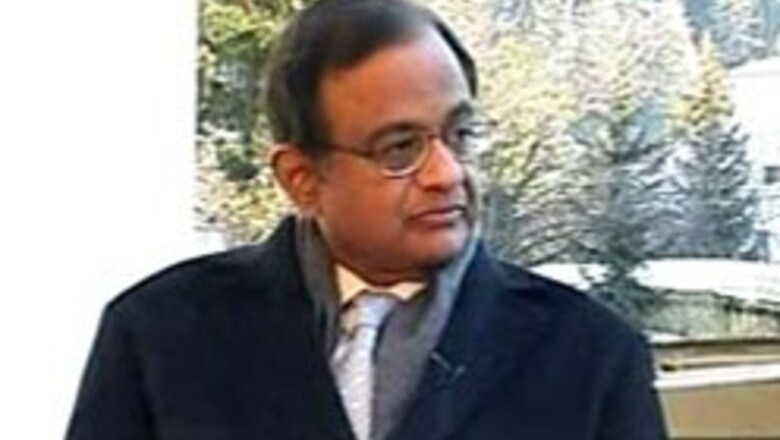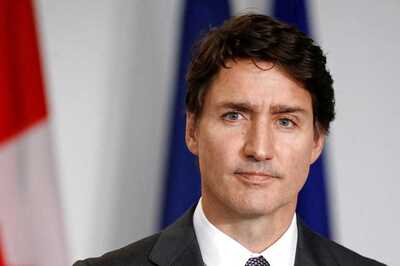
views
New Delhi: Some leading economists have raised apprehensions over the Rs 50,000-crore farm credit waiver announced by Finance Minister P Chidambaram on Friday, saying that the source of funding remain unclear as also the overall package for the agricultural sector.
"There will be a huge gap created because of the farm credit waiver which needs to be met with some extra provisions. The waiver is also not sufficient, as it will be given to the farmers having up to 2 acres of land," economist in Jawaharlal Nehru University, Jayati Ghosh said.
"In dry land areas, most of the poor farmers have four hectares or more of land. In areas like in Vidharbha in Maharashtra and Rayal Seema (Andhra Pradesh) where farmer miseries were maximum, poor farmers may not get any benefit," Ghosh said.
She said the Budget has failed to address the agrarian crisis. "It is disappointing as being the last Budget of the current regime, the Finance Minister should have fulfilled the promises made in National Common Minimum Programme."
The total planned expenditure for agricultural sector has gone up by only Rs 1,500 crore for the next fiscal as compared to last year. Also not much has been announced for the social, food and education sector, she said.
Echoing similar sentiments, Foundation For Public Economics and Policy Reforms Director Mahesh C Purohit said: "It seems the effort has been made to get favour from the agriculture sector by waiving farm loans and from middle income group people in the urban areas by increasing the non-taxable income limit."
He said it was not clear that who will bear the burden of farm credit of Rs 50,000 crore which has been waived. "This is something which needs to be looked into," Purohit said.
ICRIER Chief Executive Director Rajiv Kumar said, "It is yet to be seen where the funds will come from. It has to come from the Budget, not from the banks."
However, Kumar welcomed the overall Budget saying that the Finance Minister had taken huge buoyancy in revenues to achieve large dose of populism while maintaining fiscal prudence.
"It is an unbelievable Budget. It seems to have combined good economics with good politics," he added. On the tax regime, Purohit commented that the Budget was also a step forward toward the introduction of GST by reducing rate of CENVAT and CST, but enough had been done toward introduction of GST. "Much steps have not been taken to reform the tax system."


















Comments
0 comment